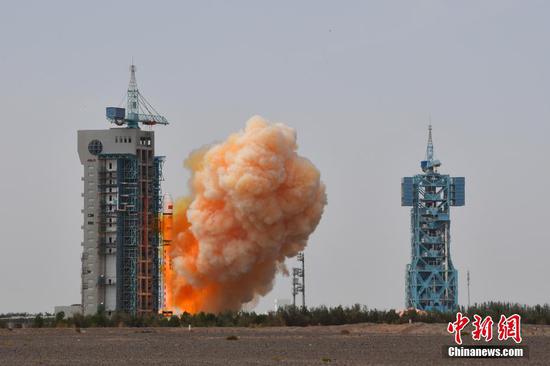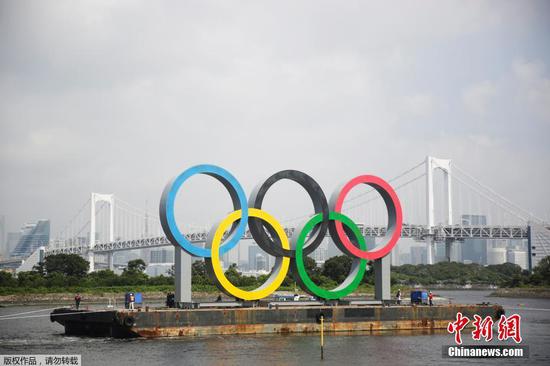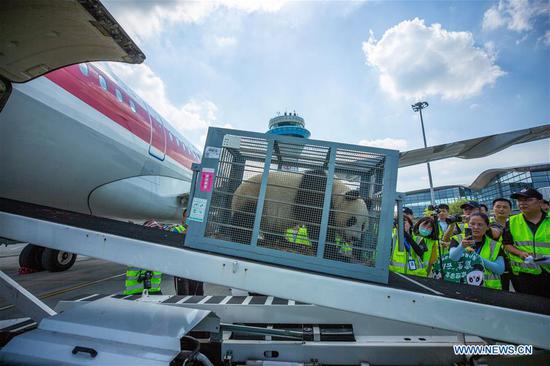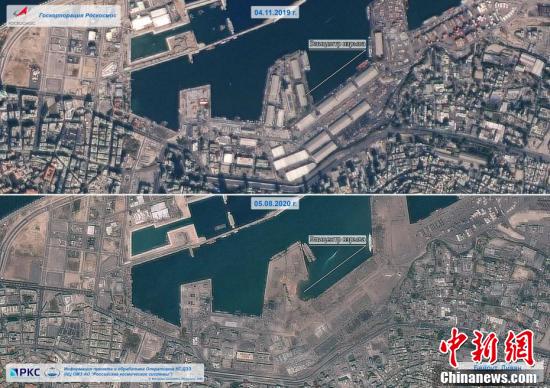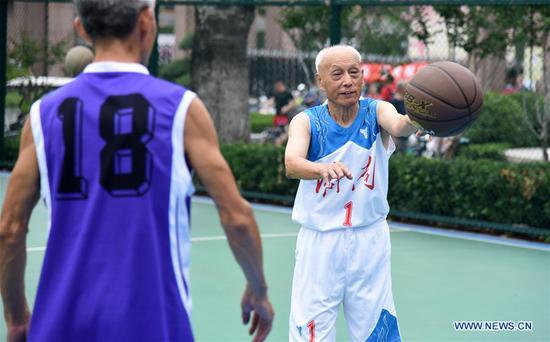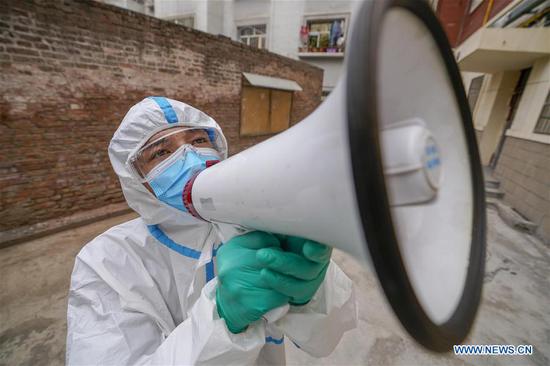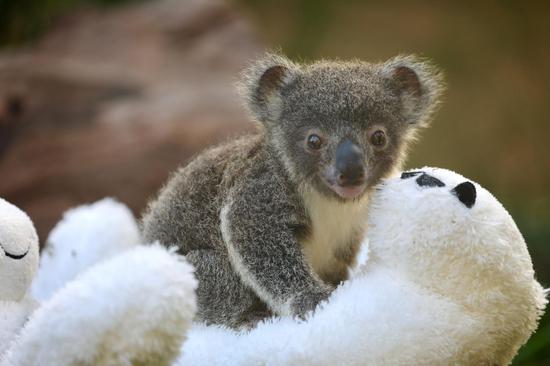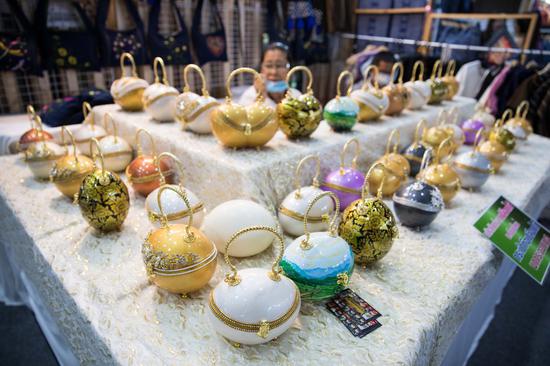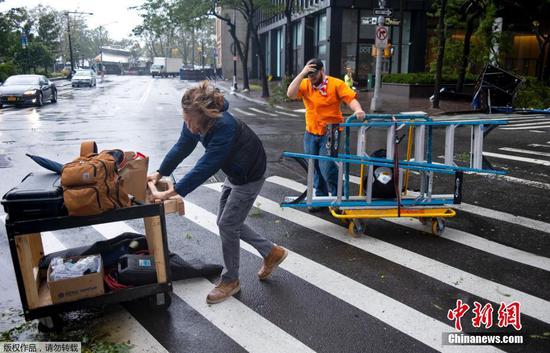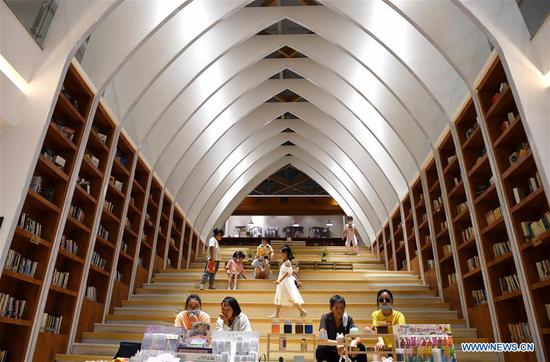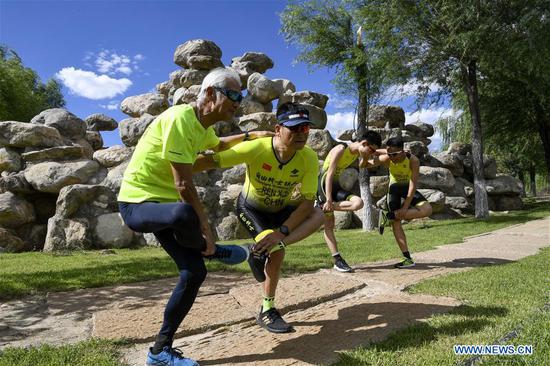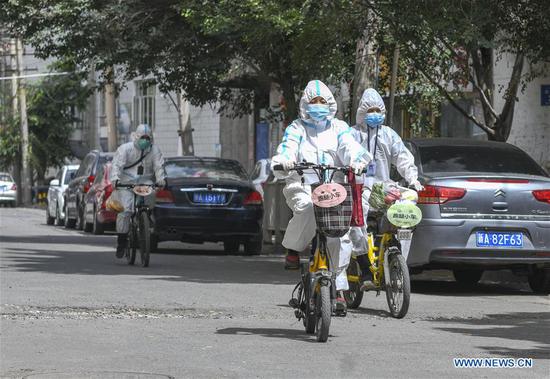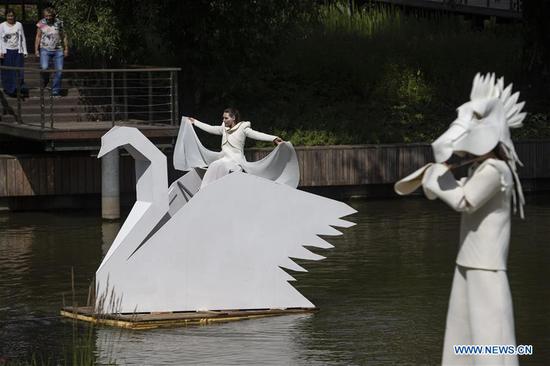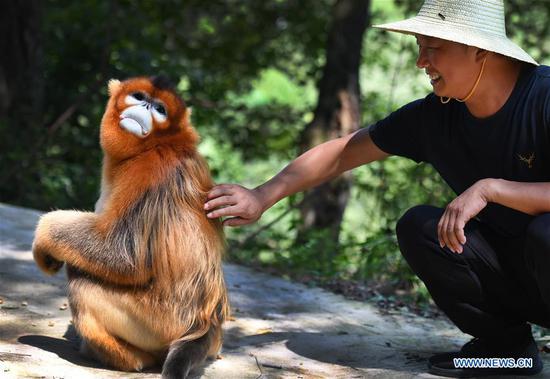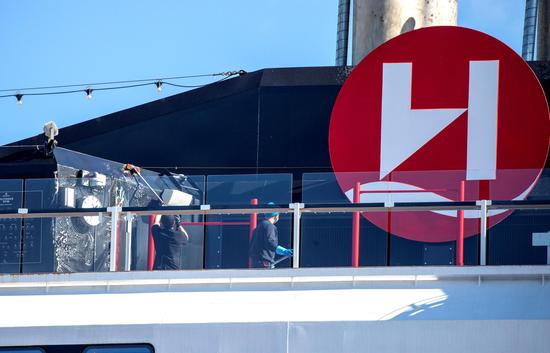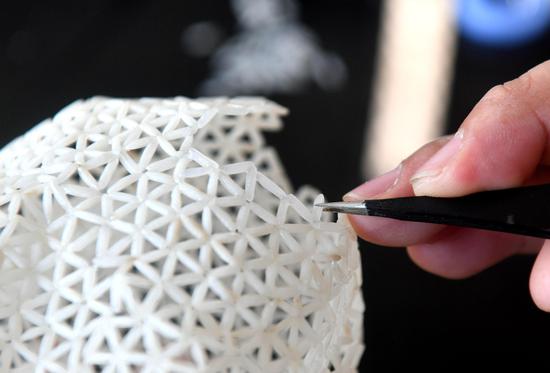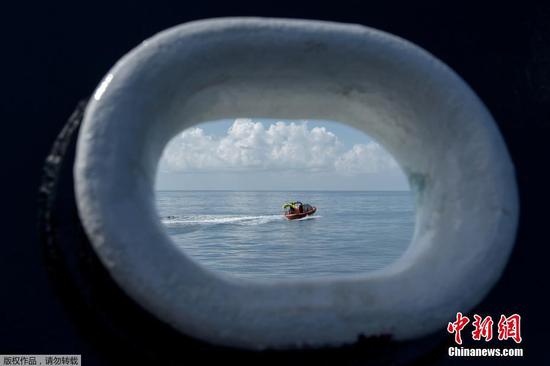Beijing does not seek global dominance as U.S. claims, ambassador tells forum
China does not seek global dominance, nor does it want tensions with the United States to escalate further, said Beijing's top envoy to Washington.
"To be fair, I think over the last few decades, we have learned many things from the United States. Of course, they are still saying we have not learned from the U.S.," Chinese Ambassador Cui Tiankai said on Tuesday at the virtual Aspen Security Forum.
"I think we should never learn from the United States' obsession with global dominance," he said at the annual event, which concludes on Thursday.
Discussions on China-U.S. ties, which have sunk to their lowest point since the two countries established diplomatic relations in 1979, have featured prominently at the three-day forum, which also had a panel discussion on the subject on Wednesday, moderated by Joseph Nye from Harvard University.
Cui's remarks came nearly two weeks after a policy speech delivered by U.S. Secretary of State Mike Pompeo at the Richard Nixon Presidential Library and Museum in Yorba Linda, California. Nixon's 1972 China visit ushered in a historic thaw in relations.
Pompeo used what U.S. media called "dramatic Cold War language" to blast decades of formal relations with China and accused Beijing of seeking global dominance.
"I don't think a new Cold War will serve anybody's interest (or) will give us any solution to the problems," said Cui, the longest-serving Chinese ambassador to the U.S.. "Why should we allow history to repeat... when we are faced with so many new challenges?"
Nye, the distinguished service professor emeritus of Harvard, cautioned on Wednesday that the historical metaphors regarding a new Cold War could be misleading, because, unlike the rivalry with the Soviet Union, the U.S. has a great deal of trade and social contact with China.
He described the relationship as cooperative rivalry, "in which you have to pay attention to both sides".
At Tuesday's forum, Cui said China "certainly" has no intention of pursuing global dominance. "But people here in this country talk about this so often, it seemed to me that (there's) such an obsession with it," he said.
Commenting on the closure of the Chinese consulate in Houston and the subsequent shutdown of the U.S. consulate in Chengdu late last month, Cui said it was "really unfortunate" for the U.S. to decide to close China's first consulate in the country.
"Then you see in diplomacy the principle of reciprocity is always followed, so we'll have to respond. But we certainly don't want to have all this from the very beginning. We certainly don't want to see any escalation," he said.
The Chinese ambassador said the growth of China-U.S. relations over the decades has served the interests of both countries and the world "very well".
"It's quite clear all of us are still enjoying the positive outcome, the benefits of this close relationship. Nobody can really deny this," Cui said.
Cui's comments echoed the views of Robert B. Zoellick, U.S. deputy secretary of state and trade representative in the early 2000s, who wrote in a Wall Street Journal column on May 18, "It is flat wrong to suggest that working with China has not served U.S. interests".
Cui also said that although there are differences between the two countries in their history, culture, economic development and political systems, these should not be seen as obstacles to closer relations but rather as opportunities for mutual learning and cooperation.











